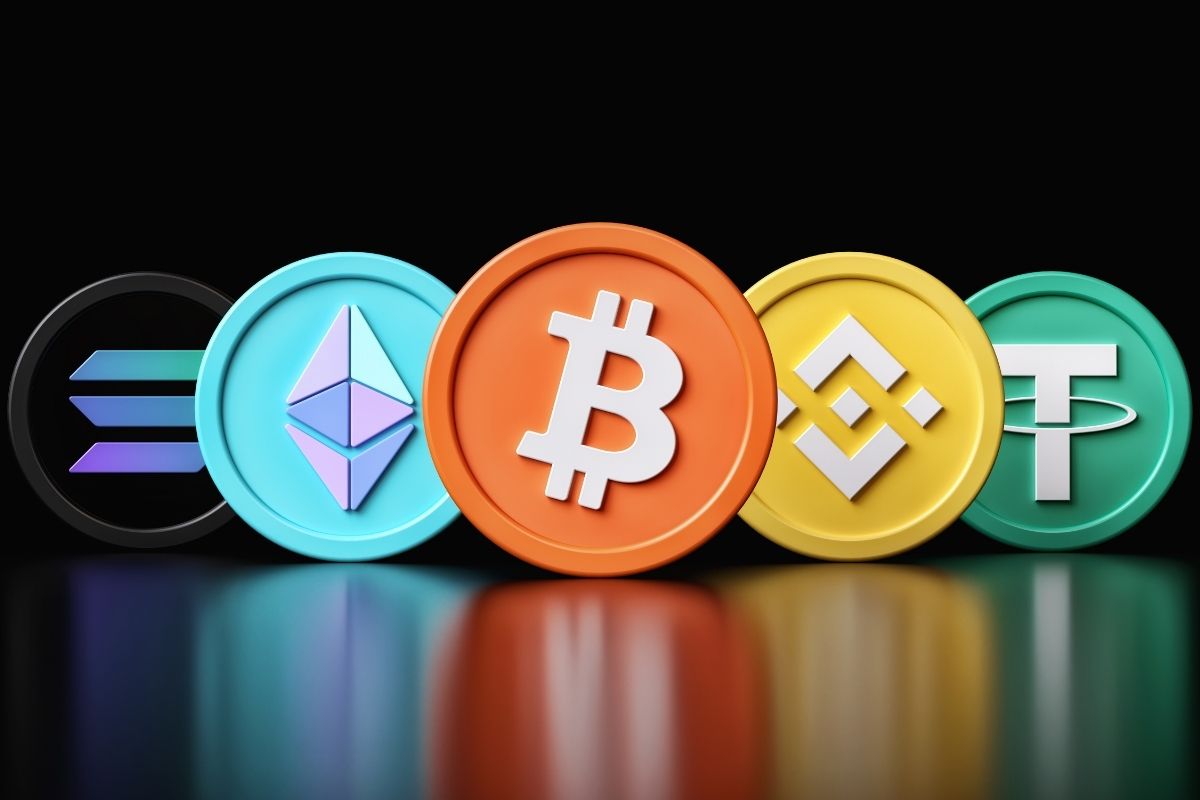The crypto market is an exciting one to be a part of. However, with so many cryptocurrencies available on the market today, it can be hard to identify the best ones.
That’s why we decided to highlight five crypto tokens that may surprise you in 2023. These tokens are expected to rise significantly in the next year, allowing you to make some smart investments along the way.
Polkadot (DOT)
Polkadot is a blockchain protocol that has paved the way for interoperable networks. These networks will be able to transfer arbitrary data without the need for centralized intermediaries.

Governance in a blockchain is achieved through consensus, which requires all nodes to agree on a shared state of affairs. Refer to This Page Polkadot introduces a multi-layered governance model that allows protocol updates to be implemented without hard forks.
DOT serves as the protocol’s governance token and is used for staking to secure the network or bond new chains. It also serves as a staking incentive to encourage users to interact with the staking system.
Unlike DPoS and NPoS, Polkadot uses the GHOST-based Recursive Ancestor Deriving Prefix Agreement (GRANDPA) consensus mechanism to improve security. This is a unique approach to proof-of-stake that ensures networks can pool resources and provide added protections for all nodes.
Solana (SOL)
Solana (SOL) is a decentralized blockchain network that processes thousands of transactions per second. It uses a hybrid model that combines proof-of-history and proof-of-stake consensus mechanisms.
Solana aims to provide fast and secure transactions through a number of innovations, including a unique method of verifying time without requiring a traditional timestamp. This method, known as proof-of-history (PoH), helps to optimize transaction processing and reduces the amount of work that validators have to do.
PoH also cuts down on message overhead and transaction latency by splitting data into smaller packets and dividing them among each node in the blockchain. The result is a system that can efficiently process thousands of transactions per second, which makes Solana ideal for applications that need high transaction speeds and low fees.
Chainlink (LINK)
Chainlink (LINK) is a decentralized oracle platform that connects blockchain smart contracts to external data sources. It uses a network of decentralized oracles to retrieve real-world data and relay it back to smart contracts.
Oracles have become a core component of most Dapps and protocols. They provide timely information like weather data or supply chain tracking data that is used to trigger smart contracts.
But problems occur when oracles provide incorrect or false data. This can cause a wide range of issues in the DeFi industry.
Chainlink was built to solve these issues by creating an incentive structure that rewards node operators for providing accurate data. This system ensures that oracles act in the best interests of Chainlink and its users.
Algorand (ALGO)
Algorand is a blockchain network that aims to accelerate transaction verification rates. Its PoS consensus model allows users to stake ALGO tokens to verify transactions and secure the network.
In addition, it does not require a minimum stake, so average users can participate in the validation process. This makes Algorand’s security theoretically more decentralized than other PoS mechanisms.
Moreover, it has received investments from several venture capital funds. These include crypto-specific funds and more general tech focused investors.
Its technological offer is constantly improving, and this will continue to drive interest among developers, marketers, and enthusiasts. This is also expected to improve the market for Algorand.
Filecoin (FIL)
Filecoin (FIL) is a decentralized storage network that uses end-to-end encryption to protect user data. It’s designed to compete with centralized cloud-storage providers and provide better prices for users.
FIL tokens are used by clients to store data and by storage miners to provide disk space. Clients pay for their storage with FIL tokens and miners get rewards in the form of FIL for storing and retrieving data.
Filecoin’s two new proofs – proofs of storage and proofs of spacetime – help ensure that each miner has stored their data and that the network remains valid. The network is also decentralized, making it more difficult for attackers to take over the system.